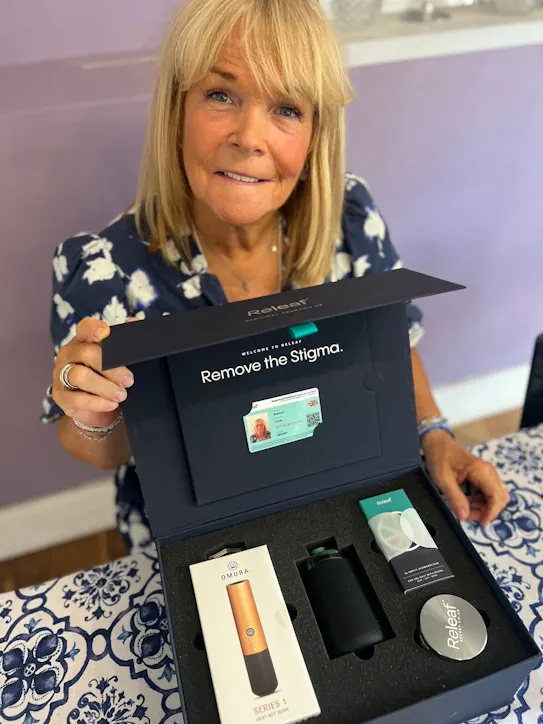Medical Cannabis UK is becoming a more recognized treatment option for many people in the UK. With proper prescription and guidance from healthcare professionals, patients can access this alternative therapy for conditions like chronic pain, epilepsy, and multiple sclerosis. As attitudes shift and more research emerges, understanding how to navigate this landscape is essential.

In the, medical cannabis uk remains a regulated substance, requiring specific conditions to be met before a prescription can be granted. Patients can consult clinics that specialize in cannabis-based products, where licensed doctors assess eligibility. The growing ability for patients to access these treatments highlights the importance of informed discussions with healthcare providers.
From potential benefits to the legal pathways for obtaining prescriptions, the topic of medical cannabis involves many facets worth exploring. Knowledge about the options available can empower patients and advocates alike in making informed decisions for their health and well-being.
Key Takeaways
- Medical cannabis is legally available in the UK under specific conditions.
- Access to prescriptions is facilitated by licensed healthcare professionals.
- Patients must stay informed about their options and rights in using medical cannabis.
Historical Context of Medical Cannabis UK
Cannabis has a long and complex history in the UK. For many years, it was used in medical practices. Doctors prescribed it for various conditions, including pain relief and digestive issues.
In 1928, cannabis became illegal in the UK under the Dangerous Drugs Act. This change limited its medical use and shifted public perception. Despite this, some medical professionals continued to support its potential benefits.
In 2018, a significant change occurred. The UK government legalized medical cannabis for certain conditions. This decision gave hope to many patients seeking alternative treatments. However, getting prescriptions has proven difficult. As of now, only a small number of NHS prescriptions have been issued.
The move to legalize medical cannabis highlighted ongoing debates. These discussions often focus on health benefits, risks, and regulations. Although medical cannabis is now legal, its availability and use remain limited.
Recent developments indicate a growing acceptance of medical cannabis. Surveys show increasing awareness and interest among the public and medical community. This shifting attitude may lead to more advancements in cannabis research and policy in the future.
The path of medical cannabis in the UK illustrates the challenges and evolving perspectives surrounding its use. It remains a vital topic of discussion as the landscape continues to change.
Current Legal Status of Medical Cannabis
In the UK, medical cannabis is regulated under strict laws. Cannabis is classified as a controlled substance. This means it is illegal to possess, supply, produce, or import it without permission.
In 2018, the law was changed to allow doctors to prescribe cannabis-based products for medicinal use (CBPMs) under specific conditions. Only doctors on the General Medical Council’s specialist register can prescribe these products.
Key Points:
- Controlled Schedule: Cannabis is listed in Schedule 2 of the Misuse of Drugs Regulations.
- Prescription Requirements: Only qualified specialists can prescribe CBPMs after assessing a patient’s needs.
- Private Clinics: Many private clinics operate in the UK, prescribing cannabis for medical reasons. They are regulated by the Care Quality Commission.
Despite the legal changes, many patients still purchase cannabis from the legacy market. An estimated 1.4 million people in the UK obtain medical cannabis this way.
The UK has become a significant player in the global cannabis market, contributing to a large portion of cannabis exports. Despite this, access to legal medical cannabis remains limited for many patients in need.














